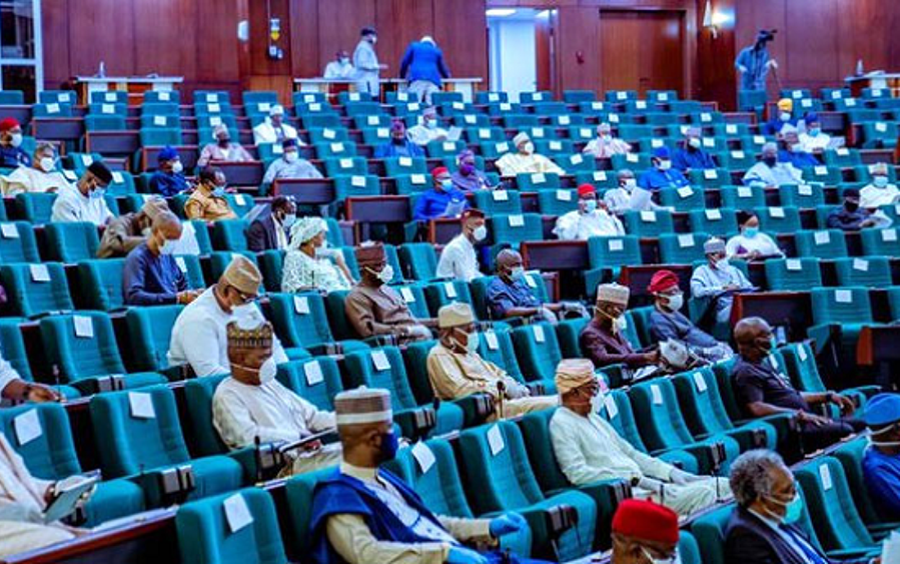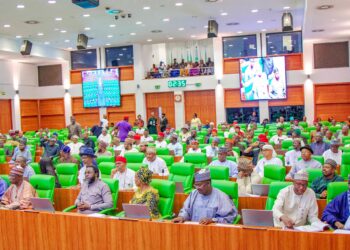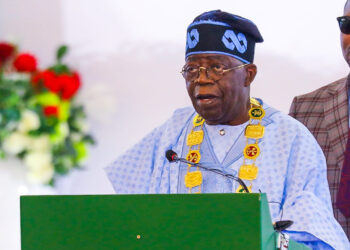The Petroleum Industry Bill (PIB) and the Electoral Act Amendment Bill has passed second reading in the House of Representatives.
This was disclosed by Channels TV on Tuesday after both bills were addressed by Lawmakers for the second time during plenary.
On the Petroleum Industry Bill
Rep leader, Alhassan Doguwa, said the PIB has been in the pipeline since the firth assembly and hopes the 9th Assembly would be able to pass the bill.
Chairman of the House Committee on Upstream Petroleum, Musa Adar, stated that Nigeria needs the PIB, as it does not have the luxury to be irresponsible with resources. Citing the effects of the pandemic on the economy, he added that Nigeria’s needs a mature oil industry that will maximize productivity and compete with other crude oil and gas exporting nations in the continent.
Minority Leader, Ndudi Elumelu, said the PIB is a necessity, as the world is going green and Nigeria needs to maximize its oil and gas sector, and also explore other options.
“The world is looking to go green in less than 20 years and it makes it pertinent for Nigeria to gain maximally from the oil sector and look to explore other oil products before petroleum goes obsolete as a commodity,” he said.
(READ MORE: The new PIB may scrap DPR, PPRA, others)
On the Electoral Act Amendment Bill
The purpose of the Bill is to regulate the Electoral process across Federal and Local government levels, in order to give it more transparency.
The bill was sponsored by Rep. Aishatu Dukku (APC-Gombe). She added that the bill is necessary to fix Nigeria’s flawed electoral system.
“This amendment has become necessary because of the flaws observed in our electoral system. It’s no longer news that our electoral experiences since 1999 show a strong correlation between an efficient and effective electoral legal framework and the conduct of free, fair, and credible elections.
“In fact, amendments of our electoral laws were long identified as priority legislation by the National Assembly, because of the need to consolidate on the gains of our democratic achievements and to also address the lacuna identified in the electoral legal framework.
“A typical example is the case of the Kogi Governorship election in 2016, where a leading candidate died after the commencement of polls, but before the declaration of results.
“In addition to this are concerns that the legal framework on certain issues should be well settled ahead of the 2023 elections, such as the use of technological devices like the card reader and electronic voting system.
“Also, criteria for substitution of candidates, disclosure of the source of funds contributed to political parties, replacement of lost or destroyed permanent voters card, the penalty for the possession of fake voters’ card, dates for conducting primary elections, shall not be earlier than 150 days and not later than 120 days before the date of the election, etc.
“The bill, therefore, seeks to address many loopholes in our electoral system by way of amending over 300 clauses (including new provisions) of the Electoral Act 2010,” she said.
What you should know
Nairametrics reported last week that the Minister of State for Petroleum Resources, Timipreye Sylva said the Petroleum Industry Bill (PIB) may be passed into law by the first quarter of 2021.
“There is no better way of diversifying the country’s economy than through a well-developed oil and gas industry, particularly with the huge gas resources in Nigeria. So, PIB will be the most credible attempt towards a holistic diversification of the Nigerian economy,” he added.
House of Representative Speaker, Femi Gbajabiamila, also disclosed that the House would ensure that it passes the Petroleum Industry Bill within the next six months or probably less.

















